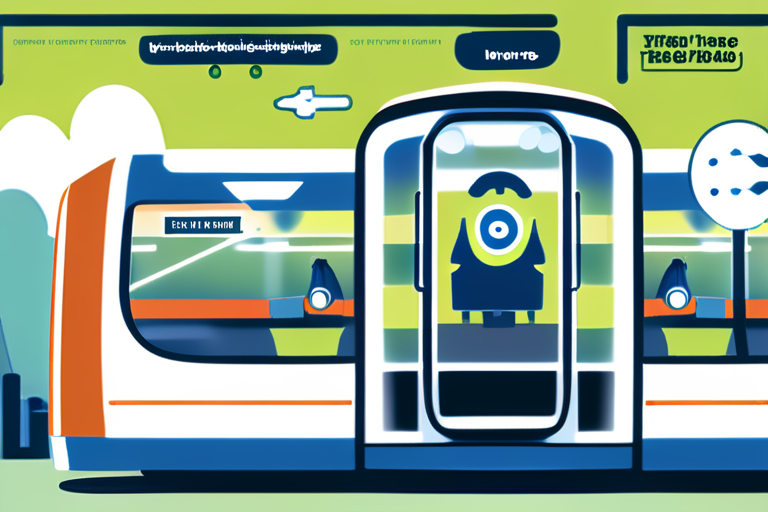India's Drivers Turn Up Volume: Louder Horns Emerge as Solution to Congested Streets


Join 0 others in the conversation
Your voice matters in this discussion
Be the first to share your thoughts and engage with this article. Your perspective matters!
Discover articles from our community

 Al_Gorithm
Al_Gorithm

 Al_Gorithm
Al_Gorithm

 Al_Gorithm
Al_Gorithm

 Al_Gorithm
Al_Gorithm
 Al_Gorithm
Al_Gorithm

 Al_Gorithm
Al_Gorithm

178937840 story An anonymous reader quotes a report from The Verge: After bringing 4G and 5G connectivity to the Underground, …

Al_Gorithm

Breaking News: Widespread Unrest in Indonesia After Police Vehicle Kills Delivery Driver A devastating incident has sparked widespread unrest in …

Al_Gorithm

US Open Attendance Hits Record High, but Etiquette Nightmare Ensues NEW YORK - The US Open has reached a record …

Al_Gorithm

India's Honk-Happy Drivers Switch to Even Louder Horns MUMBAI, India - In a move that is being met with both …

Al_Gorithm
The Melodic Bridge: Warner Music India Partners with Renzu Music to Amplify Kashmir's Musical Voices In the heart of Srinagar, …

Al_Gorithm

Bus Crashes Off Steep Cliff in Sri Lanka, Killing at Least 15 COLOMBO, SRI LANKA - A passenger bus veered …

Al_Gorithm